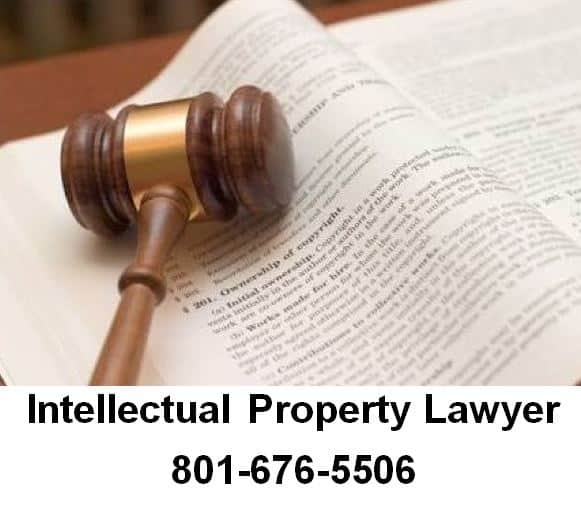An Acceptable Use Policy (“AUP”) (also known as a “Fair Use Policy”) “is a set of rules applied by the owner, creator or administrator of a network, website, or service that restricts the ways in which the network, website, or service may be used and sets guidelines as to how it should be used.” Similar to a Terms of Use Agreement, AUPs help protect organizations from potential legal action that may be taken by users.
ACCEPTABLE USE POLICY
Entities that typically utilize AUPs include schools/universities, corporations/businesses, internet service providers, and website owners. It is commonplace for organizations such as these to require that users sign an AUP prior to being granted access the network. With the internet growing in complexity, it is essential to have users sign an AUP so that they are explicitly aware of what they are and are not allowed to do while connected to an organization’s network.
Included in a standard AUP are clauses specifying the purpose and scope of the policy, the user’s rights and responsibilities, acceptable uses, prohibited uses, and privacy standards. Having a good AUP in place will help bolster your organization’s reputation and productivity all while shielding you from lawsuits brought by users (i.e. an unfair dismissal lawsuit from firing an employee for misuse of the company internet can be avoided with a clearly written AUP).
HOW STATE LAWS MAY DETERMINE THE OUTCOME OF YOUR NON-COMPETE DISPUTE
You want to know whether your non-compete will prevent you from taking your next job. The first question that needs to be answered is which state law applies to your non-compete agreement. There as some states that do not enforce non-compete agreements in most case and other states that routinely enforce non-compete agreements. Additionally, the state in which you are employed may not be the applicable state law to apply to determine the validity of your non-compete agreement. Many non-compete agreements will contain an enforceable choice of law or jurisdiction agreement that may determine which state law applies to the non-compete agreement.
Because each state is free to develop its own law with regard to the enforceability of non-compete agreements the answer to which state law applies is critical to your understanding of your legal rights and obligations relative to your non-compete agreement. In California, for instance, a non-compete agreement is generally not enforceable except in the limited circumstance of the sale of a business. In Utah, a non-compete is enforceable if it supports a legitimate business interest of the employer and is deemed reasonable in geographic scope and time duration. Another important issue in deciding which state law may apply in states that enforce non-compete agreements is the concept of “blue penciling” or in other words whether the local court may reform the agreement to make it reasonable or, if found unreasonable, the Court may not blue pencil or reform the agreement and must simply invalidate it.
HOW LONG IS TOO LONG FOR A NON-COMPETE RESTRICTION?
A non-compete agreement can be invalidated or reformed if the non-compete duration is unreasonably long in duration. What is an appropriate duration for a non-compete restriction? The short answer for what constitutes a reasonable length for a non-compete restrictions is that it depends on a number of factors but the most important factors are the significance of the employer’s business interests to be protected such as trade secrets or customer contacts and whether the non-compete agreement is attendant to employment or the sale of a business.
In Utah, for example, courts have generally approved of non-compete restrictions in the employment context of up to two years. It is possible but rare that a Utah Court will approve a non-compete restriction of more than two years but under very compelling circumstances it’s possible to justify. The most commonly seen non-compete restriction that we see for employees across a wide spectrum of employment is one-two years in duration.
In the case of a non-compete related to the sale of a business Utah courts have upheld non-compete restrictions lasting up to five years in duration as the seller usually has unique knowledge of the marketplace and customer contacts justifying a longer duration non-compete restriction. Again, a compelling case could in rare circumstances justify a longer period of time for a non-compete restriction depending on the uniqueness of the product or service in the marketplace or industry and the amount of consideration paid for the non-compete agreement.
Free Consultation with a Contract Lawyer
When you need a contract, policy or non-compete drafted, call Ascent Law for your free consultation (801) 676-5506. We want to help you.
8833 S. Redwood Road, Suite C
West Jordan, Utah
84088 United States
Telephone: (801) 676-5506



